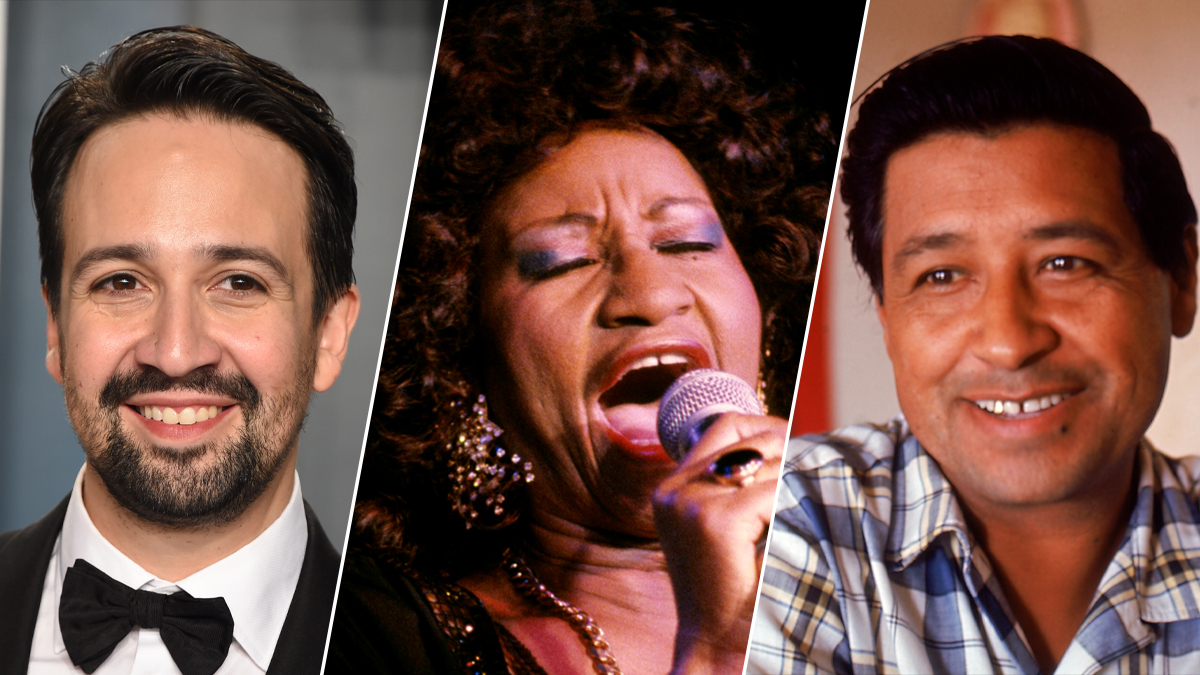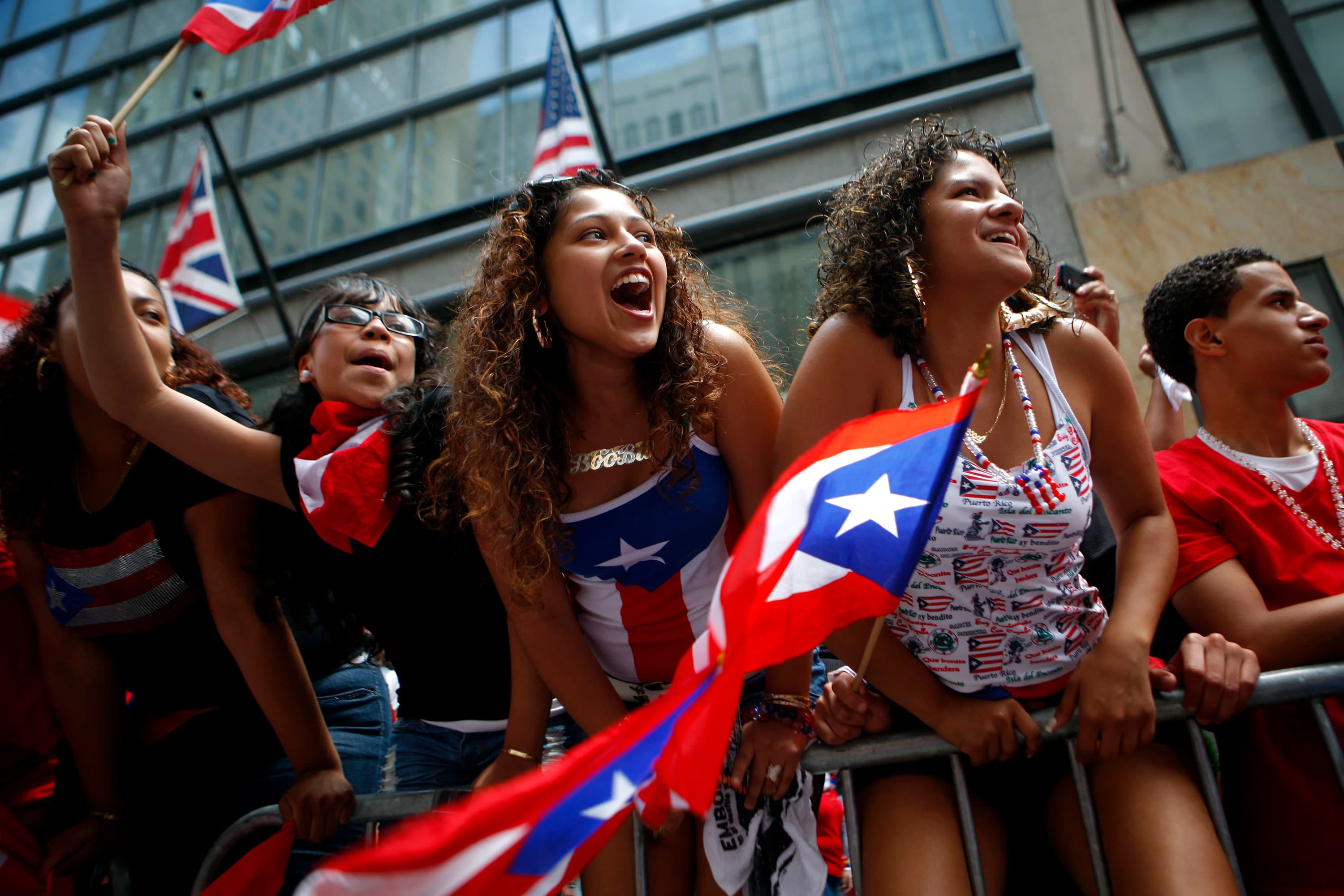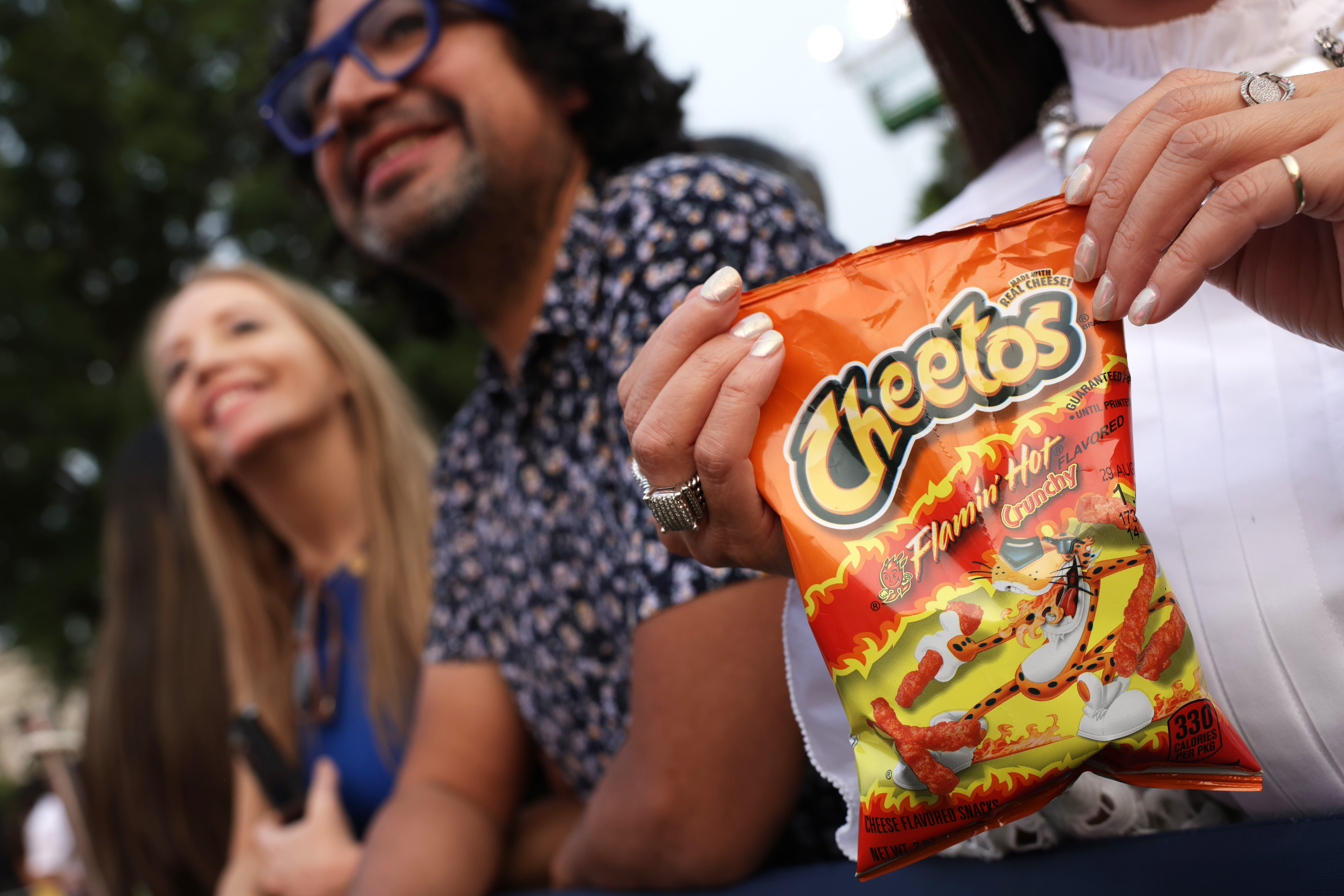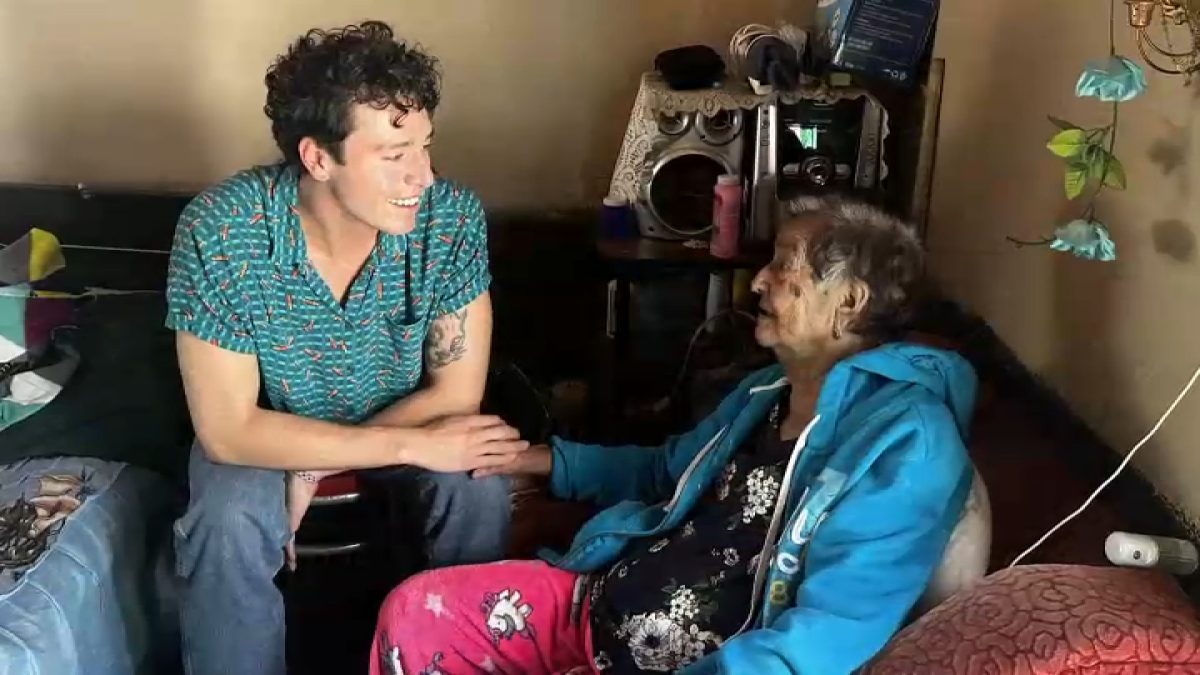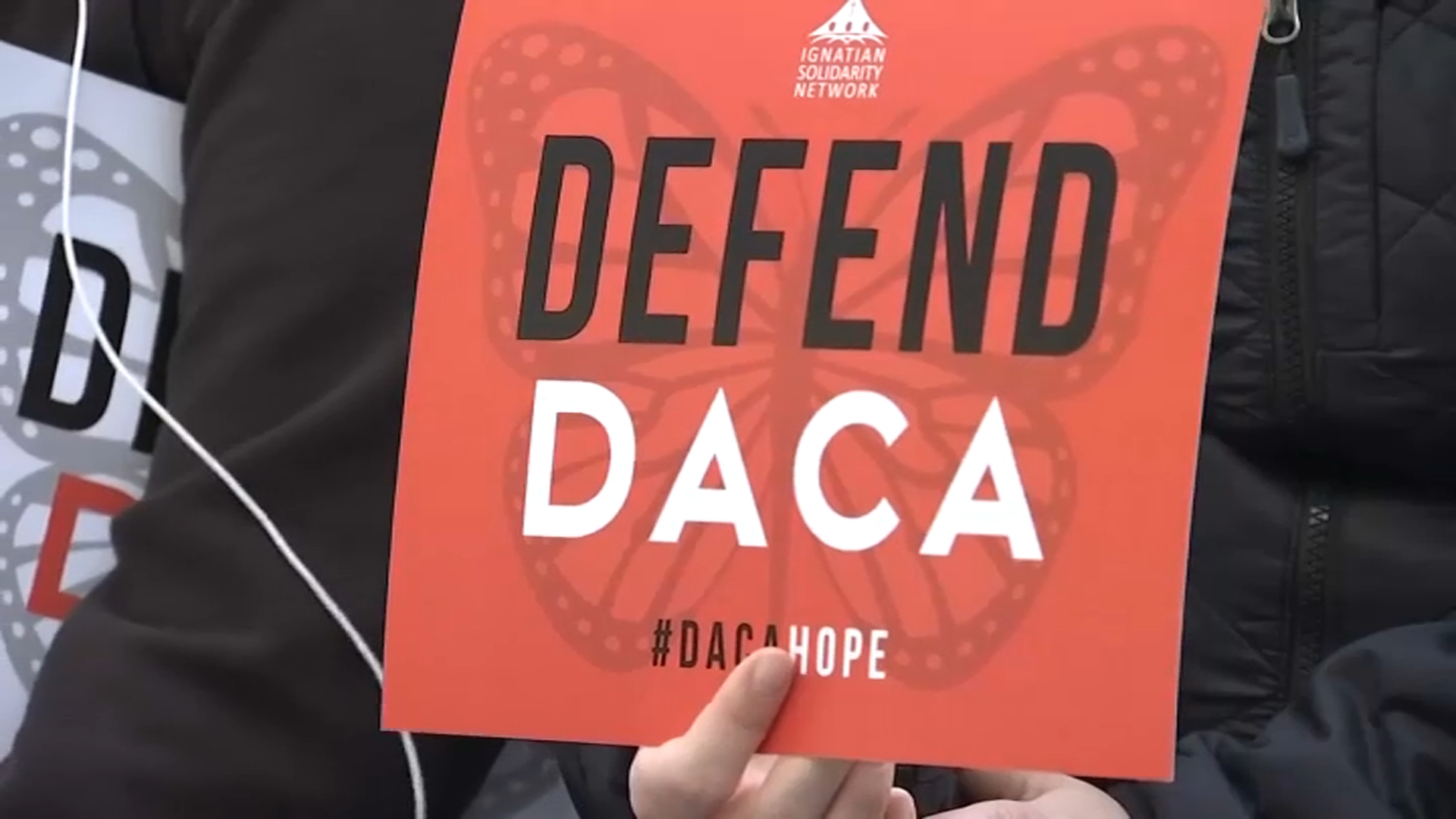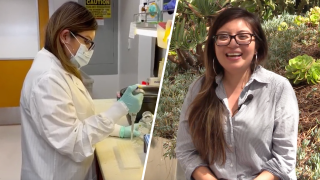
A Mexican immigrant who grew up sleeping on the floor of a one-bedroom apartment in Los Angeles' Koreatown has overcome all obstacles in her path toward a career in the challenging world of science and medicine.
Lizbeth Sanchez came to the United States with her parents from Mexico City when she was 3 years old. Years later, she is closer to pursuing a PhD in biomedical and translational medicine at Cedars-Sinai.
But the journey has not been easy.
Get top local stories in Southern California delivered to you every morning. >Sign up for NBC LA's News Headlines newsletter.
Sanchez recalls sleeping on the floor of a one-bedroom apartment they shared with four other people as a young girl while her parents worked as street vendors.
As she grew older, Sanchez took the advice of her mom’s doctor to work hard, get good grades and consider being a scientist.
"She brought the field of medicine to me. She’d tell me, ‘You should do something in science — you’re very smart and curious.’ She gave me books, she gave us clothes, she recorded the ABCs to help us learn English. She took many, many extra steps for us," Sanchez recalled.
Those words of encouragement helped Sanchez excel in school, take Advanced Placement courses and graduate with honors. She decided to go to California State University of Los Angeles. However, because she was not a U.S. citizen, financial aid was not an option.
“I did whatever I needed to finance my education," said Sanchez, who worked up to three jobs to pay for school. “I used old editions of refurbished books, and I paid tuition as much as I could. It took almost 10 years to graduate.”
All her efforts have now led her to pursue a doctorate in biomedicine at the Smidt Heart Institute at Cedars Sinai Hospital in Los Angeles, something that, according to her mentors, also Latino immigrants, only a few achieve.
“We have a very small percentage of Latino doctors or scientists. We have to increase that number by being role models. We have to inspire young people, and Lizbeth has done it,” said Eduardo Marbán, director of the Smidt Heart Institute at Cedars Sinai.
In 2015, Sanchez applied to Deferred Action for Childhood Arrivals (DACA), an Obama-era program that has allowed nearly 800,000 young people brought into the U.S. illegally as children avoid deportation. But the program has faced many challenges over the years regarding permanent protections for the "Dreamers," and Congress has failed to pass proposals multiple times.
Just last month, a federal judge declared illegal a revised version of a federal policy that prevents the deportation of thousands of DACA recipients. As of March, there were 578,680 people enrolled in the program.
Sanchez says DACA opened the doors to many opportunities, which gave her legal status to continue achieving success.
"Having DACA right now is very great for us, but what is happening is hard, and we have to continue fighting for DACA to stay with us," Sanchez said.
Sanchez credits a large part of her success to a networking event for students at Cal State LA, where she met Eugenio Cingolani, director of preclinical research and associate professor at the Smidt Heart Institute at Cedars Sinai, who offered her an internship at the lab.
“She is well on her way to the career she always wanted and has already made valuable contributions to the Smidt Heart Institute’s work," Marbán said.
Sanchez has already published a recent study in the medical journal "Cells Reports Medicine" on how RNA technology can create spontaneous pacemaker activity in the body, a project Marbán and Cingolani call “biological pacemaker.”
Upon completing her doctorate, Sanchez wants to have her own lab and become a principal investigator so she, too, can help and guide others just as Cingolini and Marbán have helped her.


